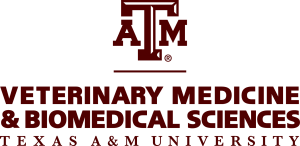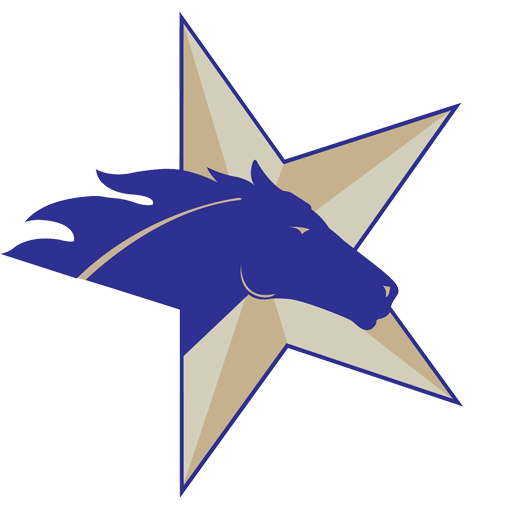 Researchers at the Texas A&M University College of Veterinary Medicine & Biomedical Sciences are launching a new clinical trial to investigate the use of a compound called resveratrol as a possible treatment to slow the progression of osteoarthritis, and they are seeking 40 horses to enroll in the study.
Researchers at the Texas A&M University College of Veterinary Medicine & Biomedical Sciences are launching a new clinical trial to investigate the use of a compound called resveratrol as a possible treatment to slow the progression of osteoarthritis, and they are seeking 40 horses to enroll in the study.
“Veterinarians are encouraged to nominate horses in their care, with owners’ permission, which may fit the criteria, and which can be transported to us (in College Station, Texas) for the initial treatment and examination and for the follow-up evaluation,” said trial leader Ashlee Watts, DVM, PhD, Dipl. ACVS, an assistant professor in equine orthopedics at Texas A&M. “We will begin accepting horses as soon as possible.”
Chad Marsh, MS, DVM, clinical assistant professor at Texas A&M, will also be involved in the study.
“Our objective is to determine the effectiveness of daily resveratrol administration for improved response and longevity of response to routine hock injections in horses with hock lameness,” Watts explained. “We expect the caseload to include a wide variety of horses currently engaged in athletic activities such as cutting, reining, rodeo, ranch work, dressage, jumping, racing, or similar.”
Of the 40 horses to be used in the clinical trial, 20 will be given a powdered microencapsulated resveratrol product (marketed as Resverasyn) and 20 will receive a placebo. Each horse will have its hocks injected, and then will be sent home to go back to work or back into competition.
Case horses will need to consume the resveratrol product once each day for four months, at the end of which they will return to A&M to be evaluated. Both the owner and the researchers will be blinded as to which receives the resveratrol and which the placebo, until the very end.
Inclusion criteria for the clinical trial dictate that the horse:
- Has a predominant hind limb lameness that improves and responds significantly to intra-articular anesthesia (blocking) of the distal hock joints;
- Is 3 years old or older;
- Weighs 250 to 650 kilograms (roughly 550 to 1,430 pounds);
- Is in good general health;
- Has not received intra-articular medications to the distal hock joints in the previous six months; and
- Has not received nonsteroidal anti-inflammatory drugs in the previous seven days.
Horses will be excluded if they do not meet these criteria or if they have significant forelimb lameness that requires treatment beyond corrective shoeing.
After the four-month trial period, a horse will be returned to A&M for evaluation. If the horse remains lame, it can again be given hock injections (within certain parameters) at no owner expense. There will be little or no cost to the horse owner for participating in the trial.
For more information on the resveratrol clinical trial, or to nominate a horse for the study, contact Watts or Marsh at 979/845-3541, or email them at awatts@cvm.tamu.edu or cmarsh@cvm.tamu.edu.

